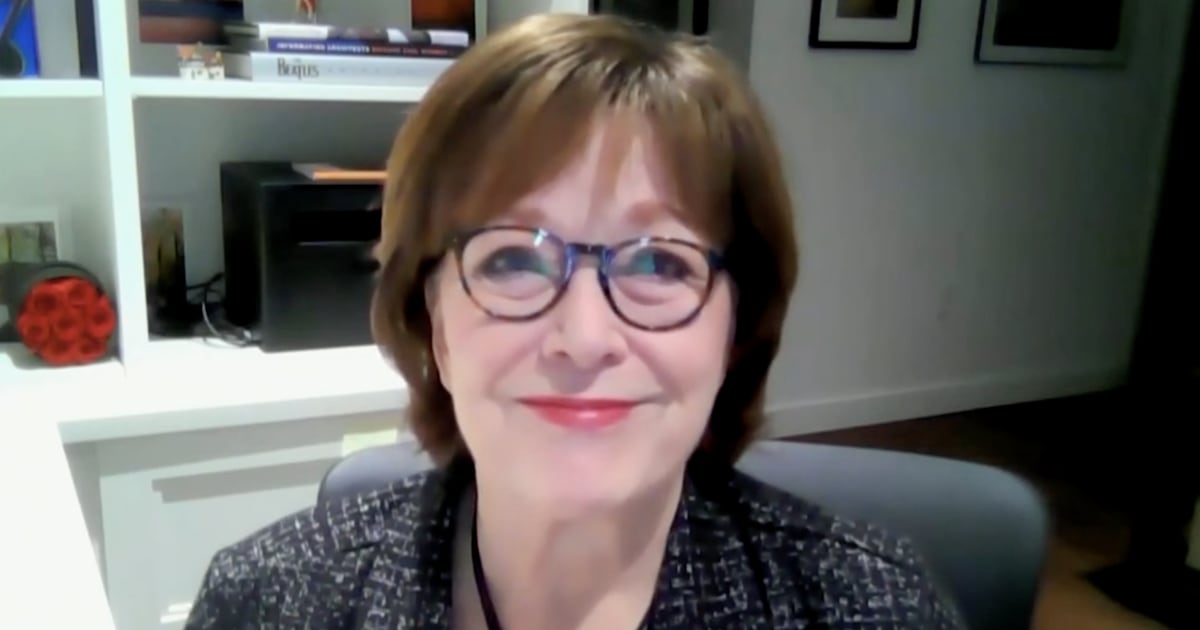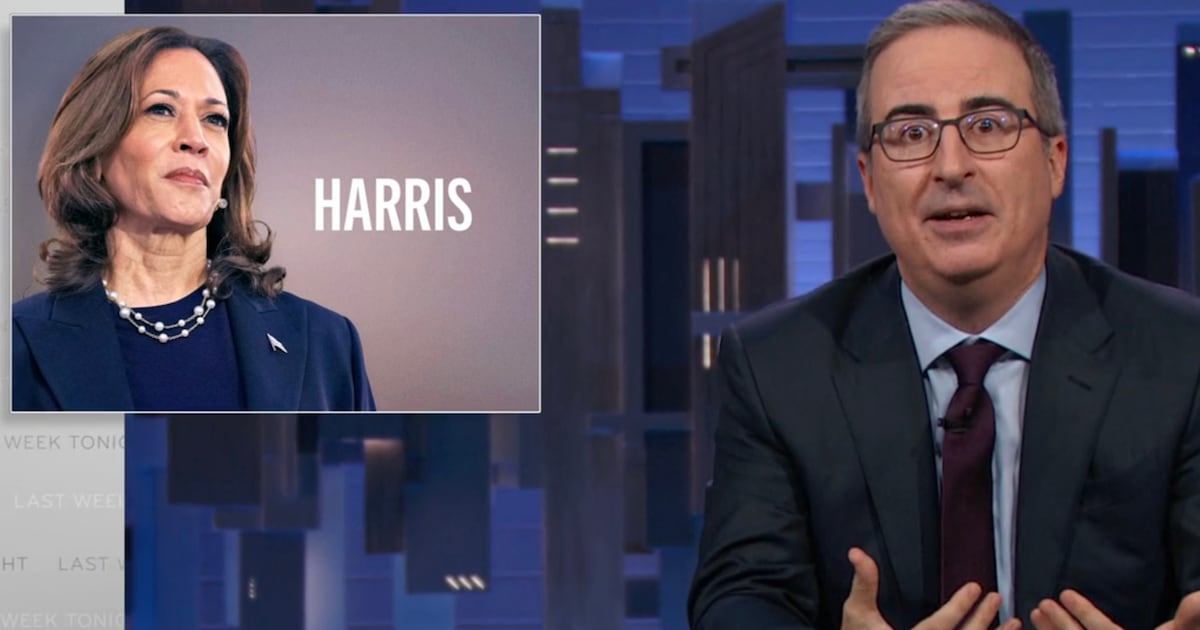ANNISTON, Alabama—B.L. Shirley is a Republican woman from a Republican county who always—always—votes Republican. And yet, on a windy, grey morning last weekend, the Talladega, Alabama, retiree found herself in, of all places, a Democrat’s campaign office, wondering just what she could do to defeat the GOP candidate running for a seat in the U.S. Senate from her state.
“Roy Moore,” she said, when asked why she would go canvassing for Democrat Doug Jones before the special election on Dec. 12. “I think Roy Moore is an impostor. I am a Christian and I don’t want to be counted in his camp. He’s a divisive person.”
If Jones is to pull off a victory, it will be because women like Shirley knocked on doors, called neighbors, and worked to convince otherwise skeptical voters that his opponent is fundamentally unfit for the office he’s seeking. A few weeks ago, that seemed like a tall order. As the election nears, it no longer appears quite so improbable.
ADVERTISEMENT
Allegations that Moore routinely pursued teenage girls and in some cases assaulted them when he was a single man in his thirties have caused Republican voters in Alabama to reassess their options. Some have decided to rally around the nominee. But others have recoiled, leaving Moore in real risk of losing his attempt to take over the seat vacated by Attorney General Jeff Sessions.
More than any other group, it is the women of Alabama, specifically Republican women, who will be the divisive voting bloc.
Women like Walton Foster.
A Republican and a Christian, Foster voted for Sen. Luther Strange (R-AL) in the special election primary and said she plans to cast her ballot for Jones in the general. She considers Roy Moore “an abomination.”
“Our historically Republican-leaning suburb is covered with Doug Jones signs. I have seen one for Roy Moore,” said Foster, a mother of two teenage boys who lives in a suburb of Birmingham. “He is more about his personal agenda and less about what is good for the state of Alabama. He does not seem interested in working with anyone. He has refused to debate and defend his positions publicly. When you add the nine accusations—nine!—it is clear he is unfit for office.”
Moore himself seems acutely aware that his standing among the women of Alabama is precarious at best. Over the past few days, his campaign has held press events with women testifying to his character while his wife has become his most public-facing surrogate.
The message has been that he is a victim of the liberal media, not a predator who targeted underage girls. Democrats in the state say it isn’t working.
Sheila Gilbert, the chair of the Calhoun County Democratic Party, said she’s heard from a number of unhappy Republican women since the allegations against Moore came to light in The Washington Post several weeks ago. She believes that those woman, and that story, have fundamentally changed the course of the Senate race.
“I worked on a phone bank the other night with women calling women and a lot of women just wanted to talk,” Gilbert said. “They were saying they were Republicans and they’re going to vote for Doug Jones. They are appalled. I’ve heard a lot of that.”
A Fox News poll released last Friday showed that Gilbert’s phone bank conversations may reflect a larger trend taking place across the state. In the poll, Jones had an eight point lead over Moore—50 percent to 42 percent—much of it owed to his lopsided support from women, especially young women voters. While Jones was up 58-32 percent among all women, he had a monster 49-point advantage among women under age 45. Jones also received about one-fifth, 19 percent, of the votes of Republican women.
Strategists on both sides believe the race will come down to whether Jones can convince suburban Republican women from the state’s larger cities, like Birmingham, that Moore is, simply, unacceptable. And after strategically holding back on making an issue of the sexual assault allegations, the Jones campaign on Tuesday unveiled a television ad highlighting the prominent conservatives who had condemned his opponent.
The spot prominently featured President Donald Trump’s daughter Ivanka. But there were plenty of other national Republican women Jones’ ad team could have chosen for cameos. Sen. Susan Collins (R-ME) has called on Moore to drop out of the race. And Peggy Noonan’s column in The Wall Street Journal Saturday called on the “Women of Alabama” to “Say No to Roy Moore.”
But for all the national hand-wringing and the increased activity at local Democratic campaign headquarters, many Alabama Republican women seem ready to stick by Moore. That includes the state’s governor, Kay Ivey, who has said she’ll vote for Moore despite believing the accounts of his accusers. And it includes others who testified that they simply didn’t find the allegations credible.
“Why are we just now hearing about these women?” said Angel Martin as she stood in a line at the Starbuck’s outside of Oxford, Alabama. “Why is this just now coming out right before an election?”
Two other women agreed—the timing was too convenient for Democrats- but neither wanted to be quoted supporting Moore. “I just don’t want to talk about all that,” one said.
And then there is “B.L.” from Talladega. She asked that she only be quoted by her initials because her sister, who also lives in Alabama, is voting for Roy Moore.
B.L.’s act of protest against her Republican Party for nominating a man she called “an imposter” would, in essence, be canceled out.





